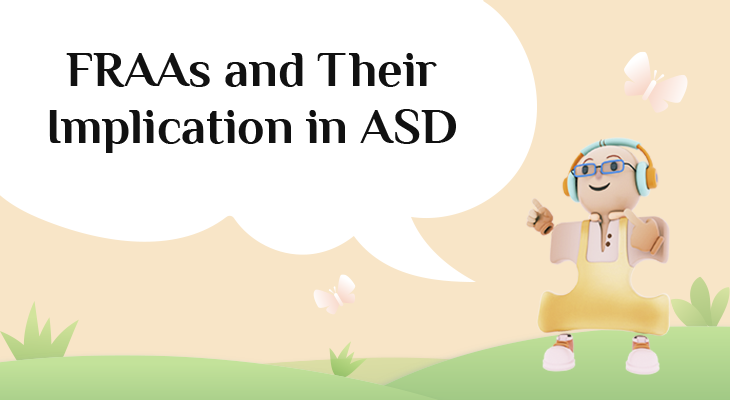
Introduction
Folate receptor autoantibodies (FRAAs) represent a recent scientific discovery with significant implications for understanding autism spectrum disorder (ASD). These autoantibodies target folate receptors, which are critical for the transport of folate (vitamin B9) across cell membranes, including those in the brain. Folate plays an essential role in numerous biological processes, including DNA synthesis and repair, cell division, and neural development.
Folate is particularly vital for brain development and function. It regulates the production of neurotransmitters and participates in the methylation cycle, which influences gene expression. Deficiencies in folate during critical periods of brain development have been associated with neurodevelopmental disorders.
Folate receptor autoantibodies have been implicated in certain cases of ASD, suggesting a potential immune-mediated mechanism that disrupts brain development. The proposed mechanism involves the binding of these autoantibodies to folate receptors, thereby blocking or impairing the transport of folate into the brain. This can lead to cerebral folate deficiency (CFD), a condition characterized by insufficient folate levels in the brain, which may contribute to impaired brain function and development, potentially manifesting as symptoms associated with autism.
Key Findings on FRAAs in Autism:
- Higher Prevalence in Children with Autism: Research indicates that a subset of children with ASD exhibit detectable levels of FRAAs. Studies estimate that approximately 50-75% of children with ASD test positive for these autoantibodies.
- Association with Cerebral Folate Deficiency: Children with ASD and FRAAs often present symptoms of CFD, including developmental delays, seizures, hypotonia (reduced muscle tone), and speech and language difficulties.
- Treatment with Folinic Acid: Some studies have demonstrated that folinic acid, a form of folate capable of bypassing blocked folate receptors, can alleviate symptoms in children with ASD who test positive for FRAAs. Improvements have been observed in areas such as communication, social interaction, and behavior.
Types of Folate Receptor Autoantibodies:
There are two primary types of FRAAs, each with distinct mechanisms and impacts on folate transport:
- Folate Receptor Blocking Autoantibodies (FR-blocking antibodies):
- Function: These antibodies bind to folate receptors, preventing folate from attaching and being transported into cells. This can result in intracellular folate deficiency despite normal folate levels in the bloodstream.
- Impact: FR-blocking antibodies are strongly associated with neurological conditions such as cerebral folate deficiency syndrome. Given folate’s critical role in brain development, particularly during early childhood, the presence of these antibodies can significantly affect neurological and cognitive function.
- Folate Receptor Binding Autoantibodies (FR-binding antibodies):
- Function: These antibodies bind to folate receptors without directly blocking folate attachment. However, their presence may trigger immune responses or disrupt folate receptor function indirectly.
- Impact: Although they do not block folate transport as directly as FR-blocking antibodies, FR-binding antibodies are still linked to disrupted folate metabolism and immune-mediated effects, potentially contributing to neurodevelopmental and cognitive challenges.
Potential Roles in Disease:
- Autism Spectrum Disorder (ASD): Both types of autoantibodies are found at elevated rates in children with ASD compared to neurotypical children, prompting investigations into their role in ASD-related neurodevelopmental impairments.
- Cerebral Folate Deficiency (CFD): A strong association exists between FRAAs and CFD, a condition marked by low folate levels in the cerebrospinal fluid, leading to developmental delays, motor dysfunction, and, in some cases, seizures.
Conclusion
In summary, FRAAs can disrupt folate’s critical roles in DNA synthesis, repair, and methylation, processes essential for proper cellular function and development. Their presence in individuals with ASD highlights a potential immune-mediated pathway contributing to the disorder, offering new avenues for research and therapeutic interventions.
To test for folate receptor autoantibodies, one can administer the FRAT® test. The FRAT® test, which is a simple blood test, will screen for both blocking and binding autoantibodies.
As with any medical diagnostic or therapeutic, please seek medical advice and guidance. FRAT® is a lab developed test and performed in a CLIA certified lab. It is not FDA approved.



